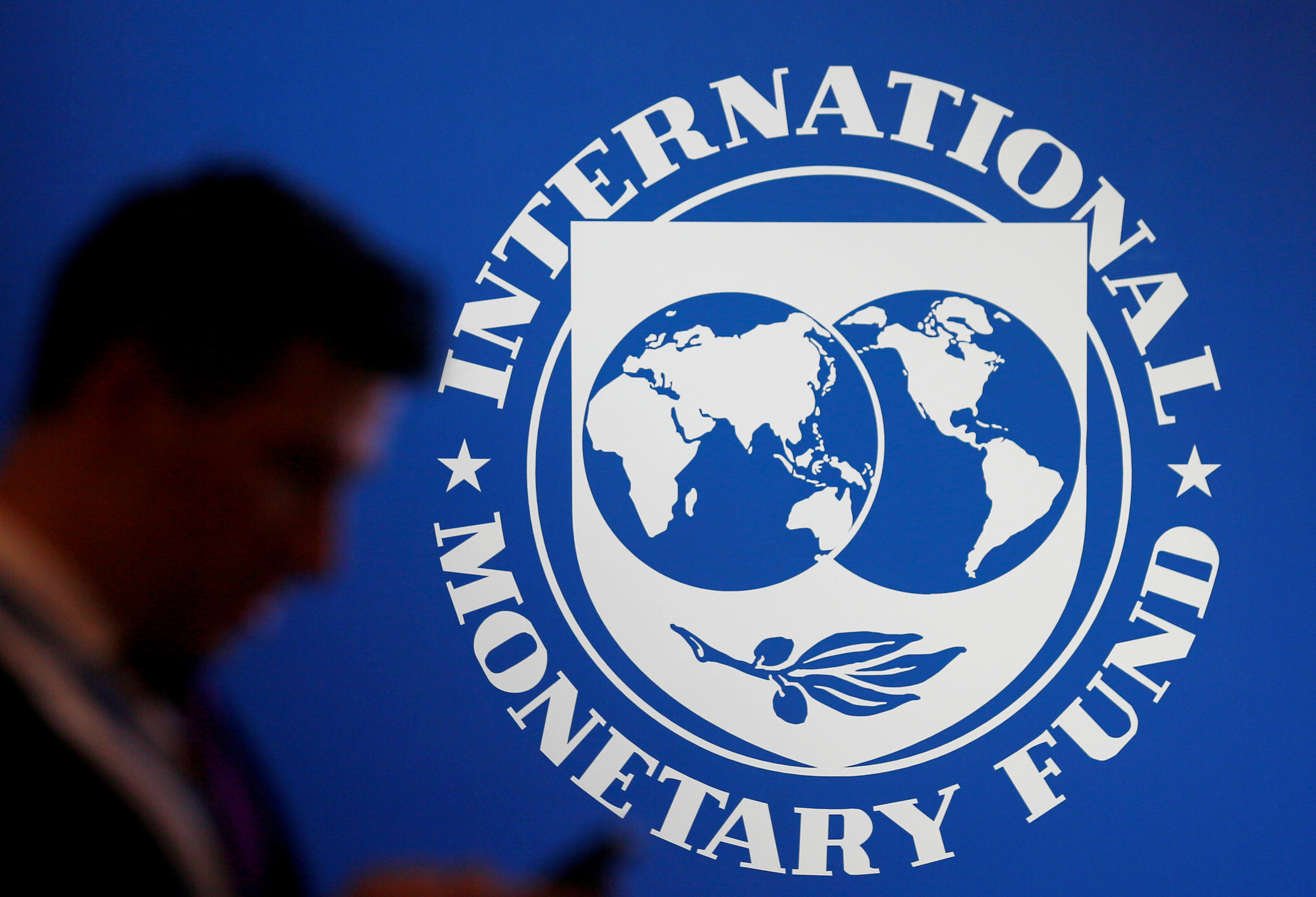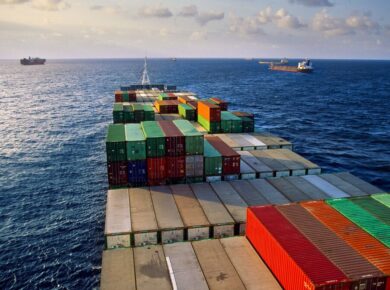The positive economic outlook of the UAE has received applause from the International Monetary Fund (IMF).
The UAE’s positive economic outlook continues to thrive, with the International Monetary Fund (IMF) affirming strong domestic activity and projecting a GDP growth rate of 3.6 percent for 2023, according to the IMF’s Executive Board statement released on Monday.
During the 2022 Article IV consultation with the UAE, the IMF’s directors emphasized a projected surge of 3.8 percent in non-hydrocarbon growth, driven by ongoing tourism activities and increased capital expenditure. However, the board also noted that the economic outlook is susceptible to global uncertainties, such as potential weaker growth, tighter financial conditions, and geopolitical developments.
In terms of specific growth figures, the IMF’s board estimated an overall growth rate of 6.9 percent for the UAE in 2022, with non-hydrocarbon GDP anticipated to grow by 5.3 percent and hydrocarbon GDP expected to experience an 11.1 percent increase. Inflation, which has followed global trends, is projected to ease to 3.4 percent in 2023.
The IMF further highlighted that fiscal and external surpluses are likely to remain high due to elevated oil prices. While the banking sector is reported to be adequately capitalized and liquid, non-performing loans, although reduced from recent peaks, continue to be a concern. Additionally, the IMF noted a significant increase in real estate prices in certain segments.
Overall, the IMF’s positive assessment reflects the UAE’s robust economic performance, supported by various factors including strong domestic activity, continued tourism growth, increased capital expenditure, and favorable oil prices. The IMF’s projections provide valuable insights into the UAE’s economic landscape and serve as a reference for policymakers and stakeholders.
Furthermore, the IMF’s assessment underscores the UAE’s commitment to maintaining fiscal discipline and capitalizing on its economic strengths. The country’s prudent fiscal policies and effective management of its resources have contributed to the preservation of fiscal and external surpluses, which in turn support economic stability and resilience.
Despite the positive outlook, the IMF acknowledges the presence of challenges and uncertainties on a global scale that could potentially impact the UAE’s economic trajectory. Factors such as slower global growth, tighter financial conditions, and geopolitical developments are all variables that could influence the overall economic landscape.
In light of these potential risks, the UAE will need to remain vigilant and proactive in implementing policies that promote sustainable growth and mitigate potential vulnerabilities. This includes ongoing efforts to diversify the economy beyond hydrocarbon sectors, bolster non-oil sectors such as tourism and other industries, and continue investing in infrastructure and innovation.
The IMF’s recognition of the UAE’s economic outlook serves as an endorsement of the country’s economic policies and strategies. It provides reassurance to investors and stakeholders, highlighting the UAE as an attractive destination for business and investment opportunities.
Going forward, it will be crucial for the UAE to maintain a balanced approach, combining fiscal discipline with targeted investments and reforms to sustain long-term economic growth. By doing so, the country can further solidify its position as a regional economic powerhouse and continue to thrive amid evolving global dynamics.
The UAE government, in collaboration with relevant stakeholders, will undoubtedly continue its efforts to navigate challenges, seize opportunities, and build a resilient and diversified economy. The IMF’s positive assessment serves as an encouraging affirmation of the UAE’s economic trajectory and provides a foundation for continued progress and prosperity.





